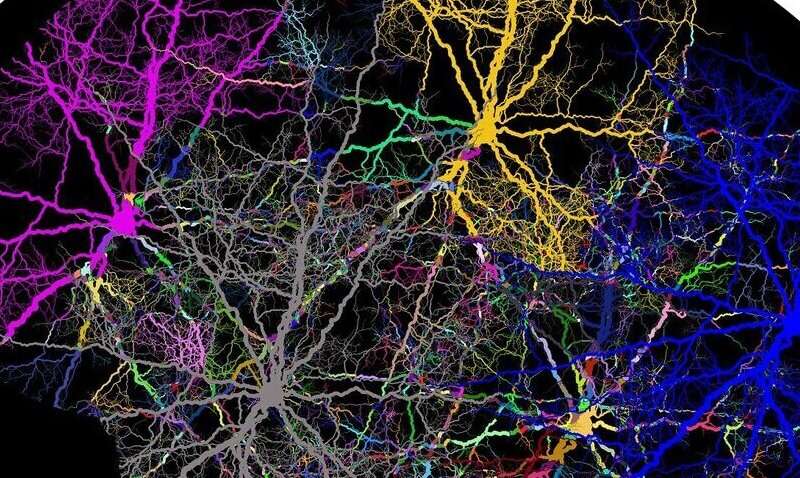New generation anti-cancer drug shows promise for children with brain tumours

A genetic map of an aggressive childhood brain tumour called medulloblastoma has helped researchers identify a new generation anti-cancer drug that can be repurposed as an effective treatment for the disease.
This international collaboration, led by researchers from The University of Queensland's (UQ) Diamantina Institute and WEHI, could give parents hope in the fight against the most common and fatal brain cancer in children.
Mapping aggressive brain tumours
UQ lead researcher Dr. Laura Genovesi said the team had mapped the genetics of these aggressive brain tumours for five years to find new pathways that existing drugs could potentially target.
"These are drugs already approved for other diseases or cancers but have never been tested in paediatric brain tumours," Dr. Genovesi said.
"In this study, we predicted a drug called Ixabepilone, typically used to treat breast cancer, would block tumour growth and significantly extend the survival rate in pre-clinical models."
Associate Professor Melissa Davis, joint senior author and computational biologist from WEHI, said the chemotherapy drug had a 'dramatic survival benefit', with very little sign of any remaining tumour following treatment.
"This is the second drug that we have identified using the genetic map that's highly effective in treating this type of childhood brain cancer," Associate Professor Davis said.
"The impact of this drug in our model systems gives hope for children diagnosed with highly aggressive forms of medulloblastoma.
"But even more promising, is the potential to use our genetic map to find other treatments for this disease."
Finding connections
Associate Professor Davis likened their work to a street map.
"Like a map shows streets connecting places, the genetic map shows connections between different genes that contribute to more aggressive brain tumours," she said.
Dr. Genovesi said drugs that could block these connections were more likely to be effective in treating the cancer, giving researchers a head start on the best possible treatment options.
"We're really using biology to define the next round of drugs that will hopefully have a fantastic benefit for children with this condition," Dr. Genovesi said.
"This gives us the best chance to identify drugs that will have the least impact on the normal developing brain, an important consideration for paediatric brain cancers.
"At the moment, the side-effects of treatment can be almost impossible for families to live with.
"Short-term, we are looking at existing drugs that can target certain overlapping areas on the genetic map.
"But long-term, we now have an entire list of proteins and pathways that new therapeutics could target that we know would kill cancer cells, and we want to work with drug companies to try and develop these life-saving medications."
More information: Laura A. Genovesi et al, Systems pharmacogenomics identifies novel targets and clinically actionable therapeutics for medulloblastoma, Genome Medicine (2021). DOI: 10.1186/s13073-021-00920-z

















